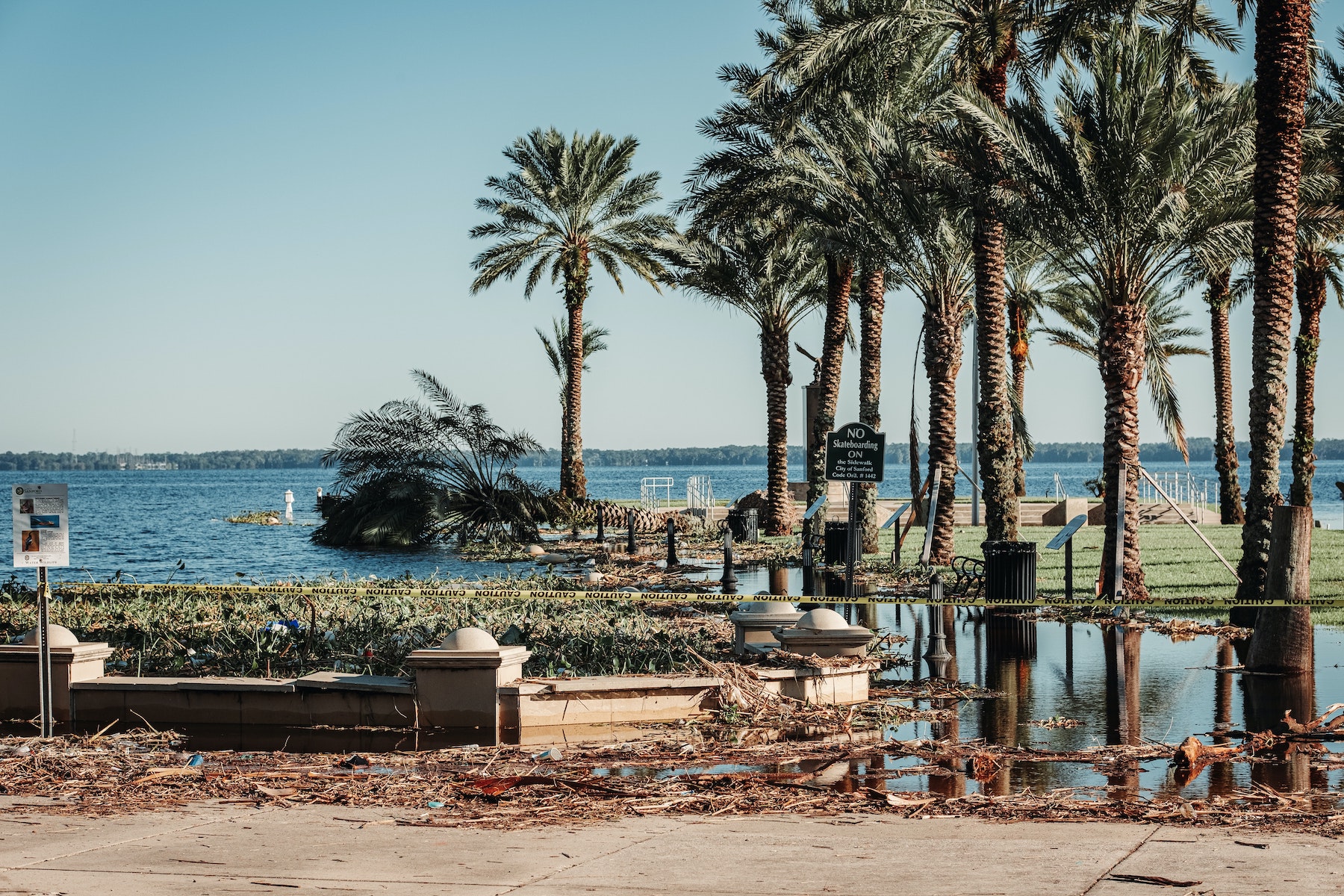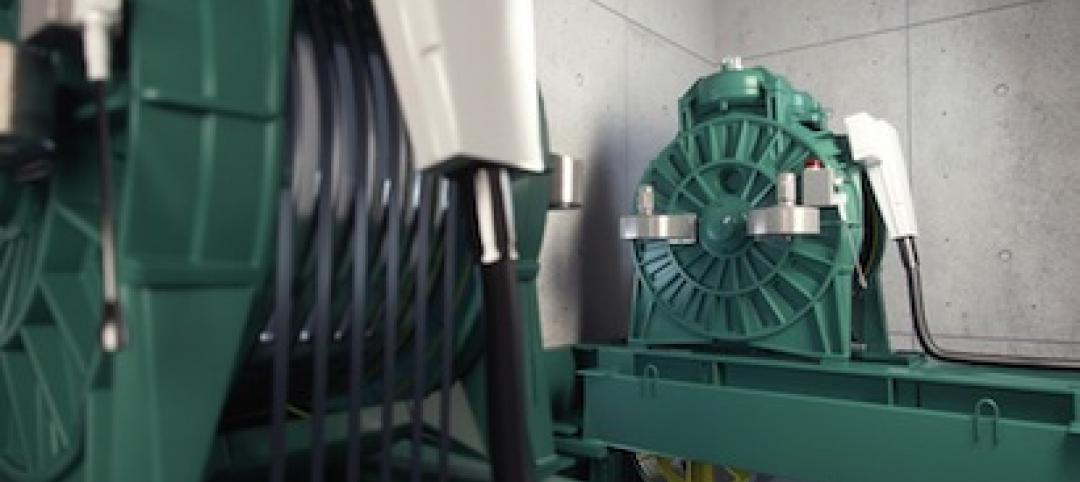Newer homes seemed to fare much better than older structures during Hurricane Ian, suggesting that updated Florida building codes made a difference.
In the hardest-hit parts of southwest Florida, many newer structures remained mostly intact in the up to 120 mph winds generated by the hurricane. One photograph on one beach area shows 18 homes built before 1981 that were completely destroyed, but one house, built in 2020, appears to be almost unscathed.
That home is elevated above much of the storm surge level, but the roof also appears undamaged. CoreLogic says that wind losses in Lee County, one of the coastal areas with the most damage, were twice as high for structures built before 1996, when the state began tightening building codes for wind load.
CoreLogic’s computer models peg insured losses from Hurricane Ian from $22 billion to $32 billion, excluding flood damage. It’s much lower than losses coastal Florida would have seen if newer structures had not been built to the stronger standards, according to CoreLogic and other experts.
Related Stories
| Jun 11, 2013
Finnish elevator technology could facilitate supertall building design
KONE Corporation has announced a new elevator technology that could make it possible for supertall buildings to reach new heights by eliminating several problems of existing elevator technology. The firm's new UltraRope hoisting system uses a rope with a carbon-fiber core and high-friction coating, rather than conventional steel rope.
| Jun 4, 2013
SOM research project examines viability of timber-framed skyscraper
In a report released today, Skidmore, Owings & Merrill discussed the results of the Timber Tower Research Project: an examination of whether a viable 400-ft, 42-story building could be created with timber framing. The structural type could reduce the carbon footprint of tall buildings by up to 75%.
| May 17, 2013
40 Under 40: Meet the engineers
Learn about seven highly talented engineers who made Building Design+Construction's "40 Under 40" class for 2013.
| Apr 10, 2013
23 things you need to know about charter schools
Charter schools are growing like Topsy. But don’t jump on board unless you know what you’re getting into.











